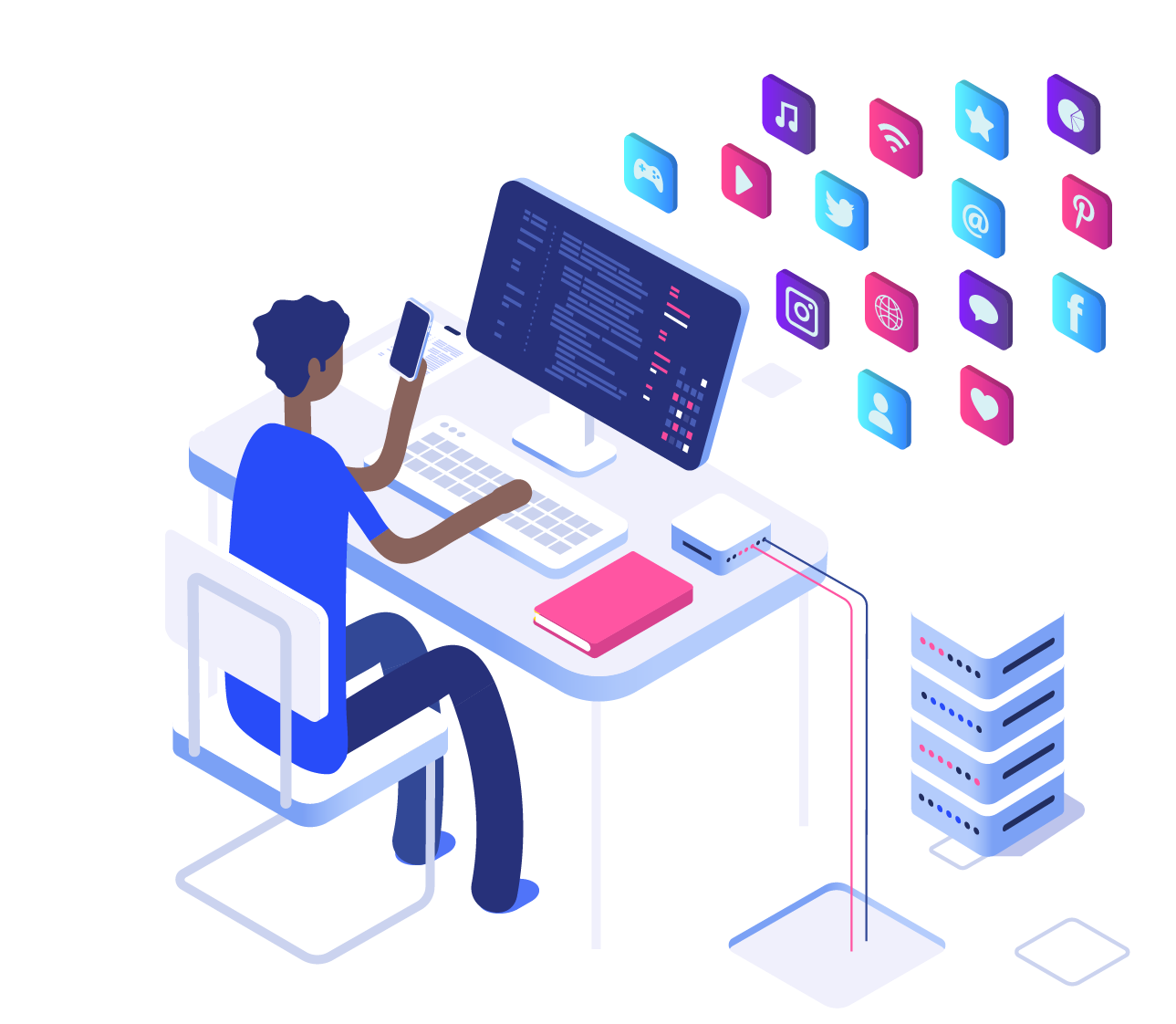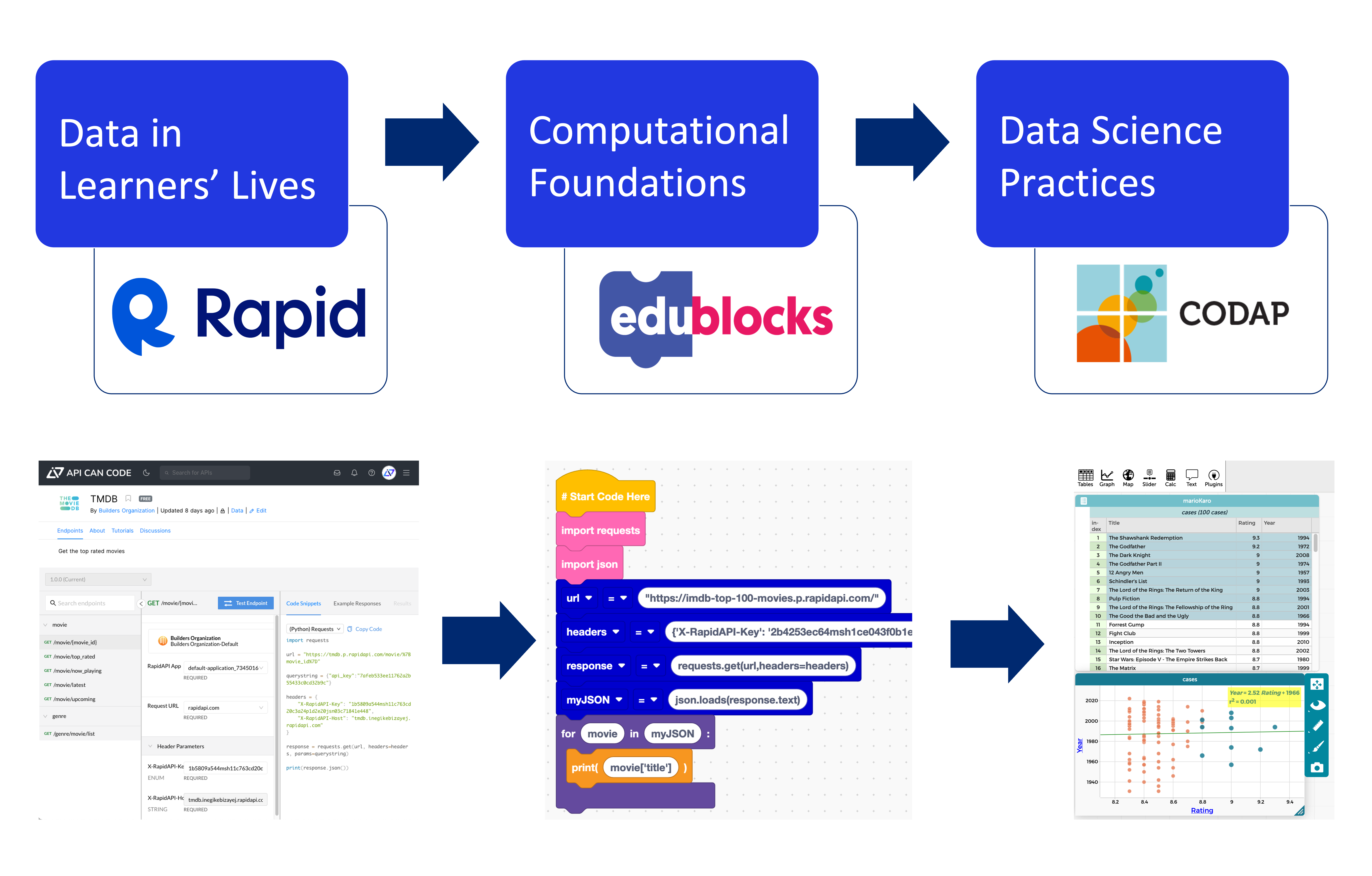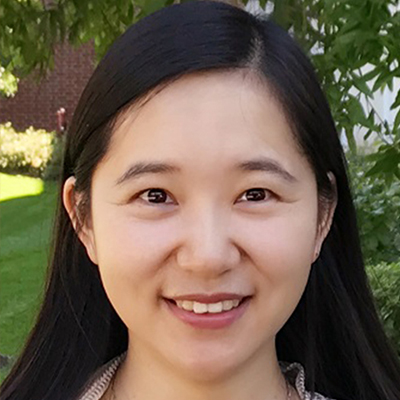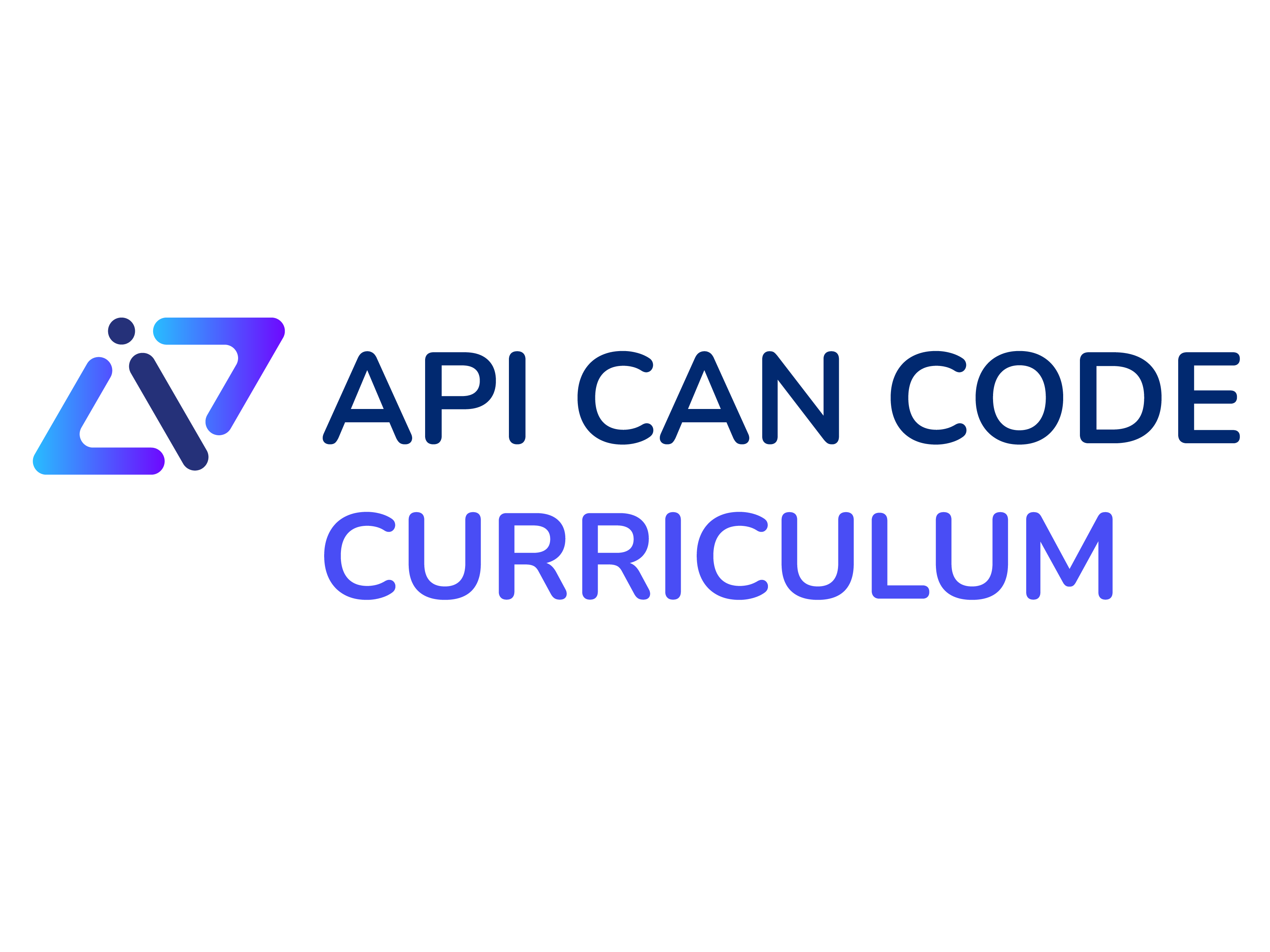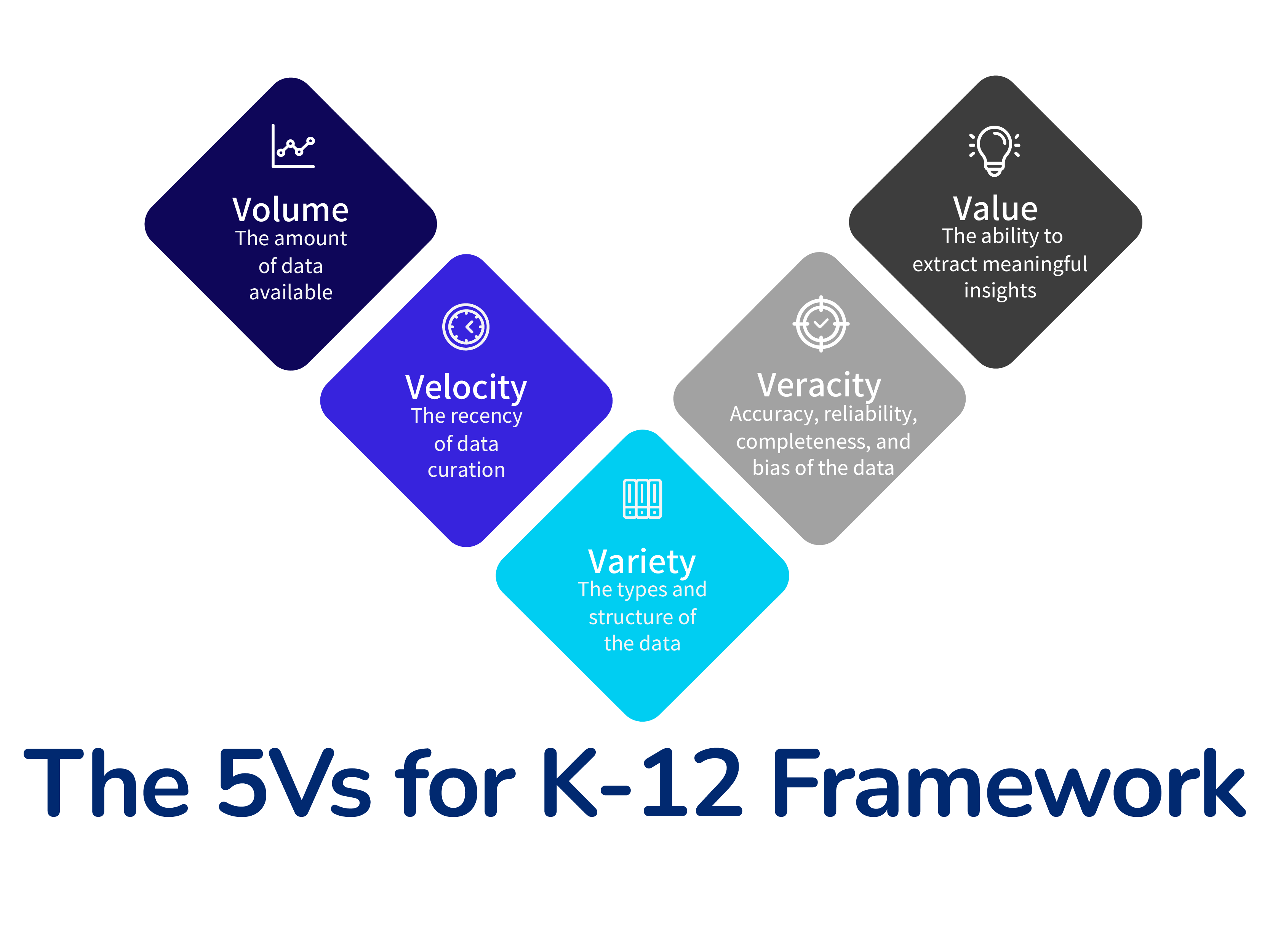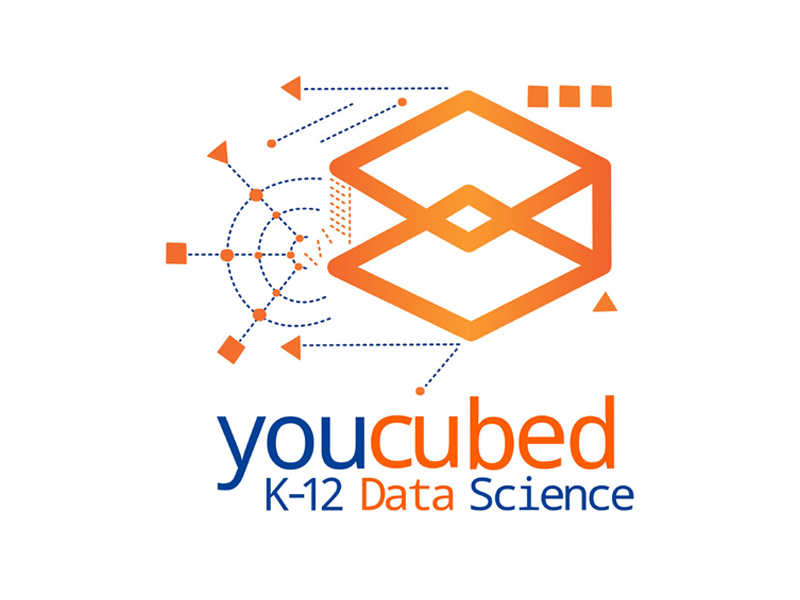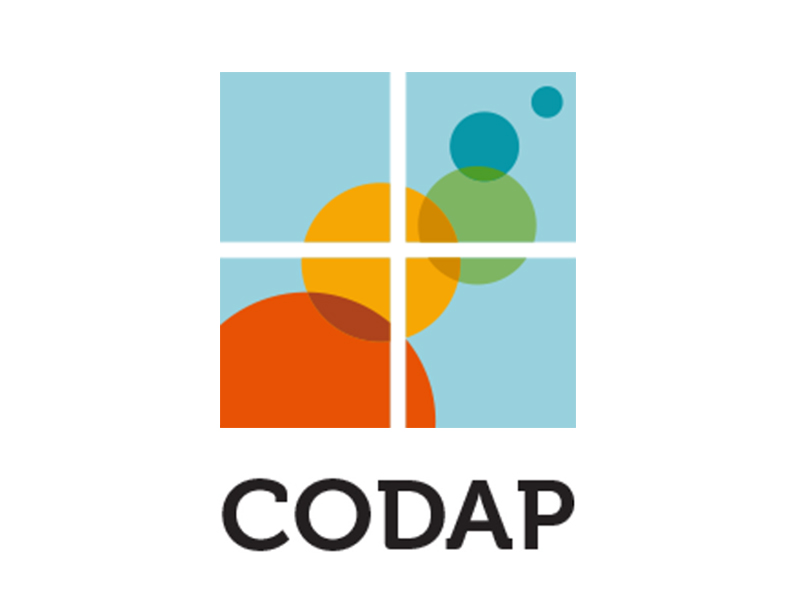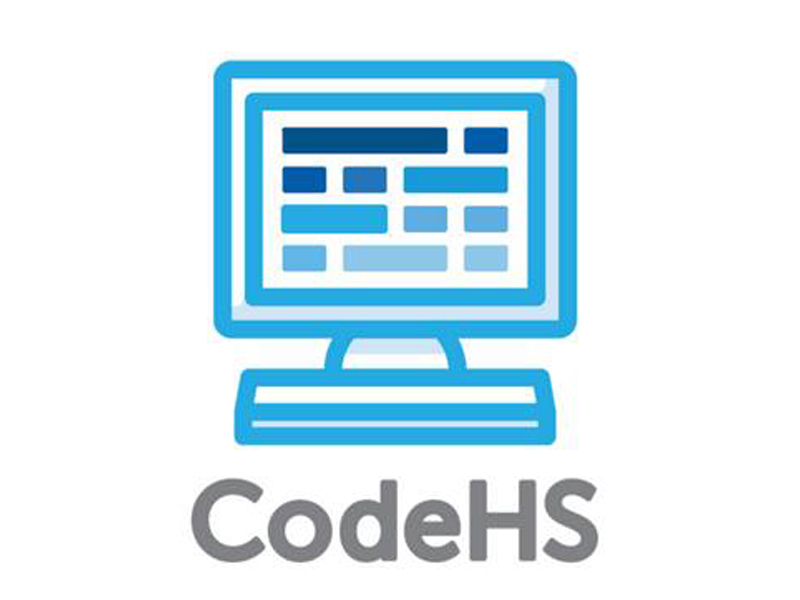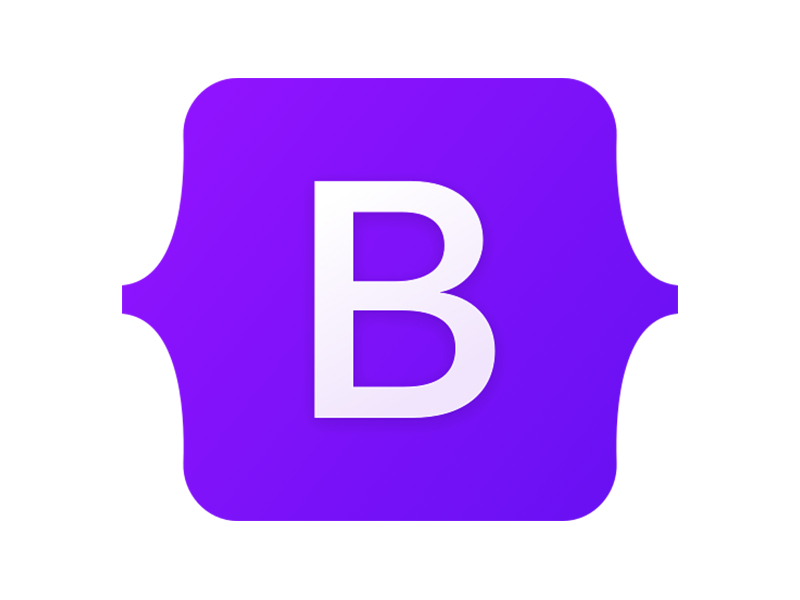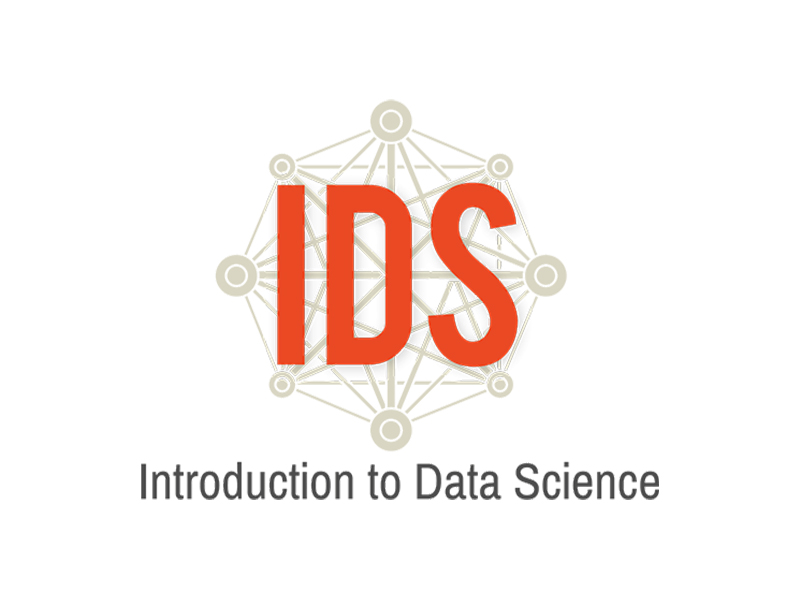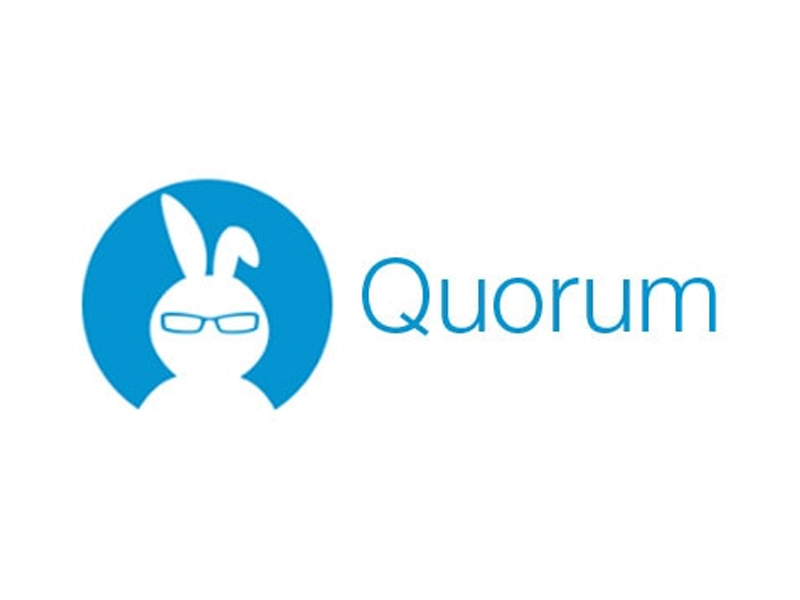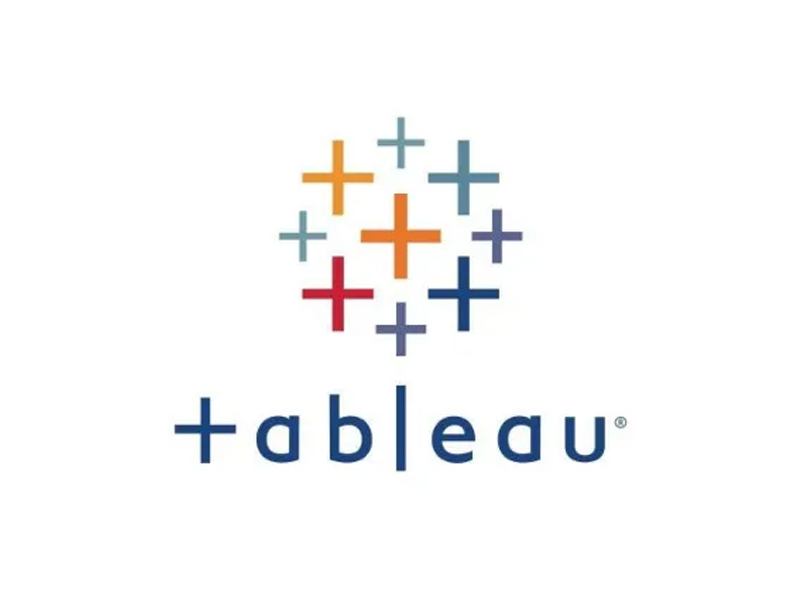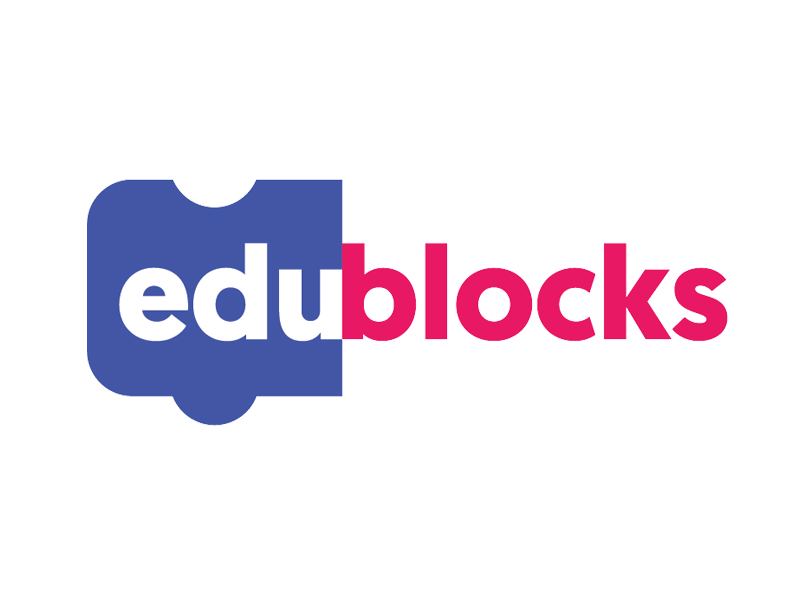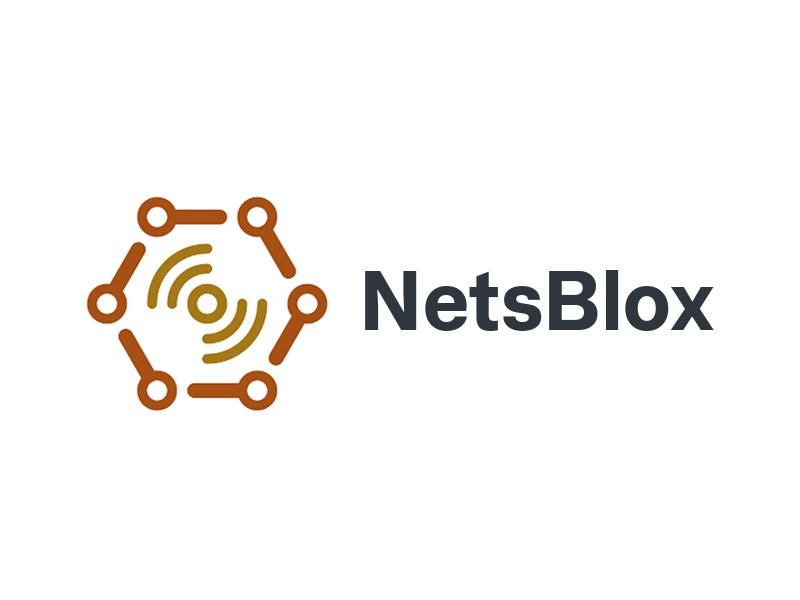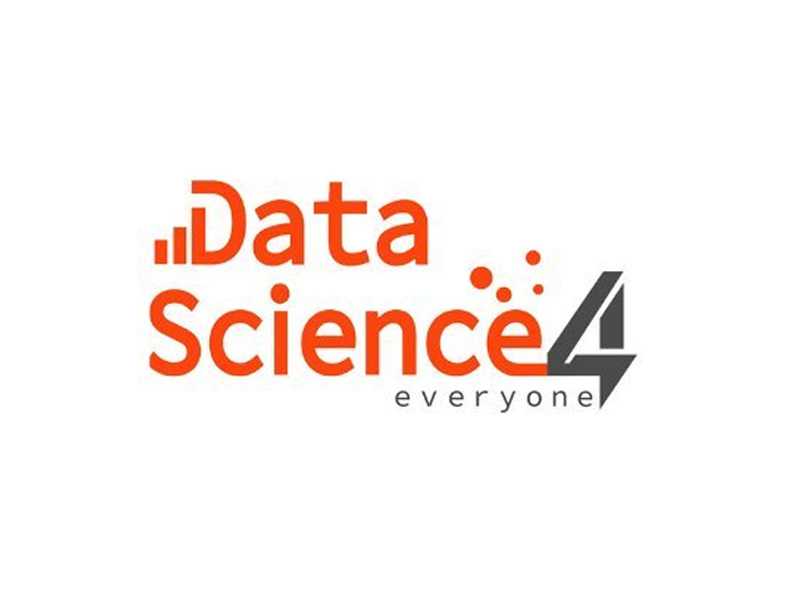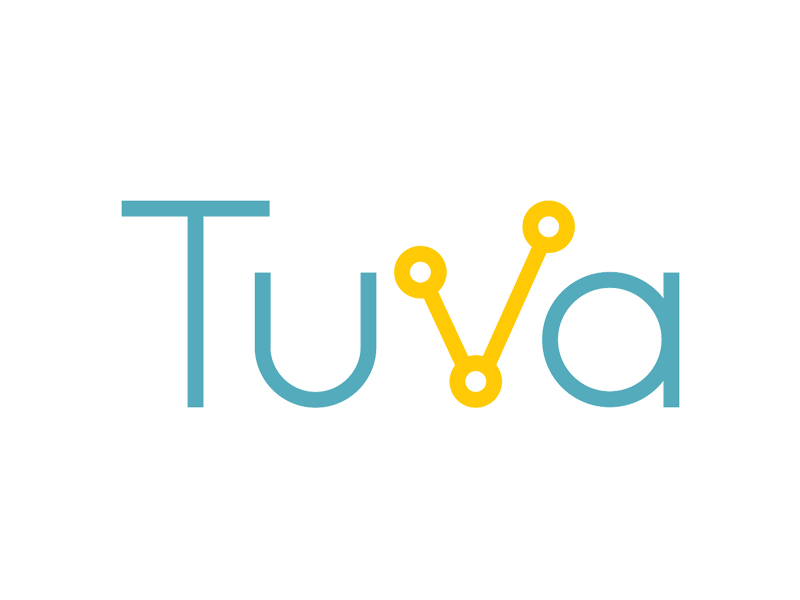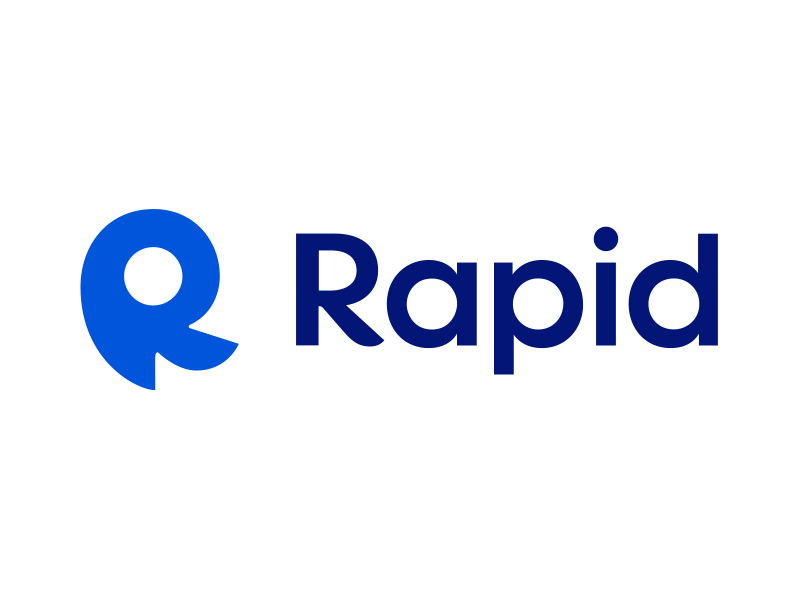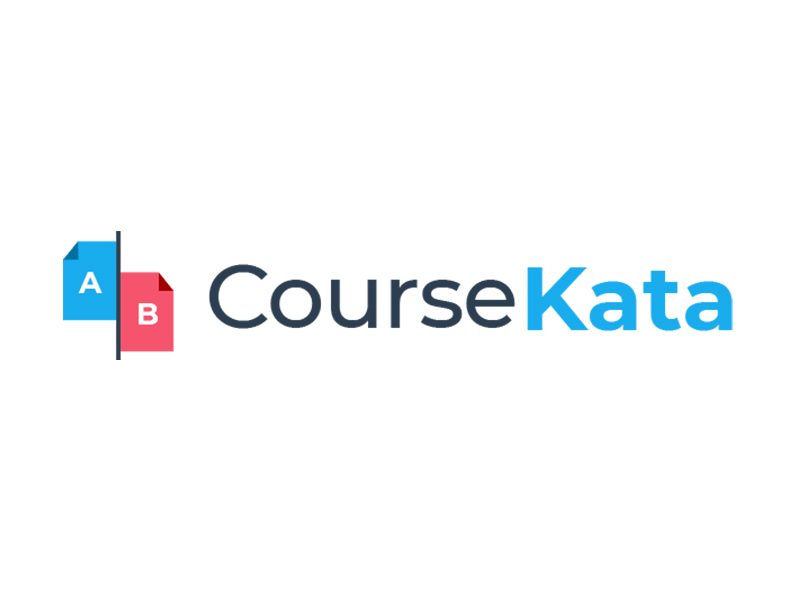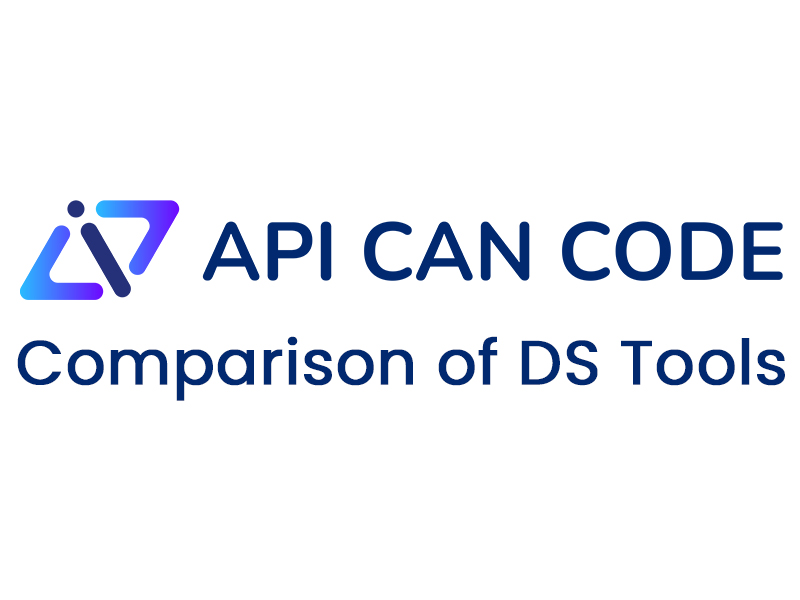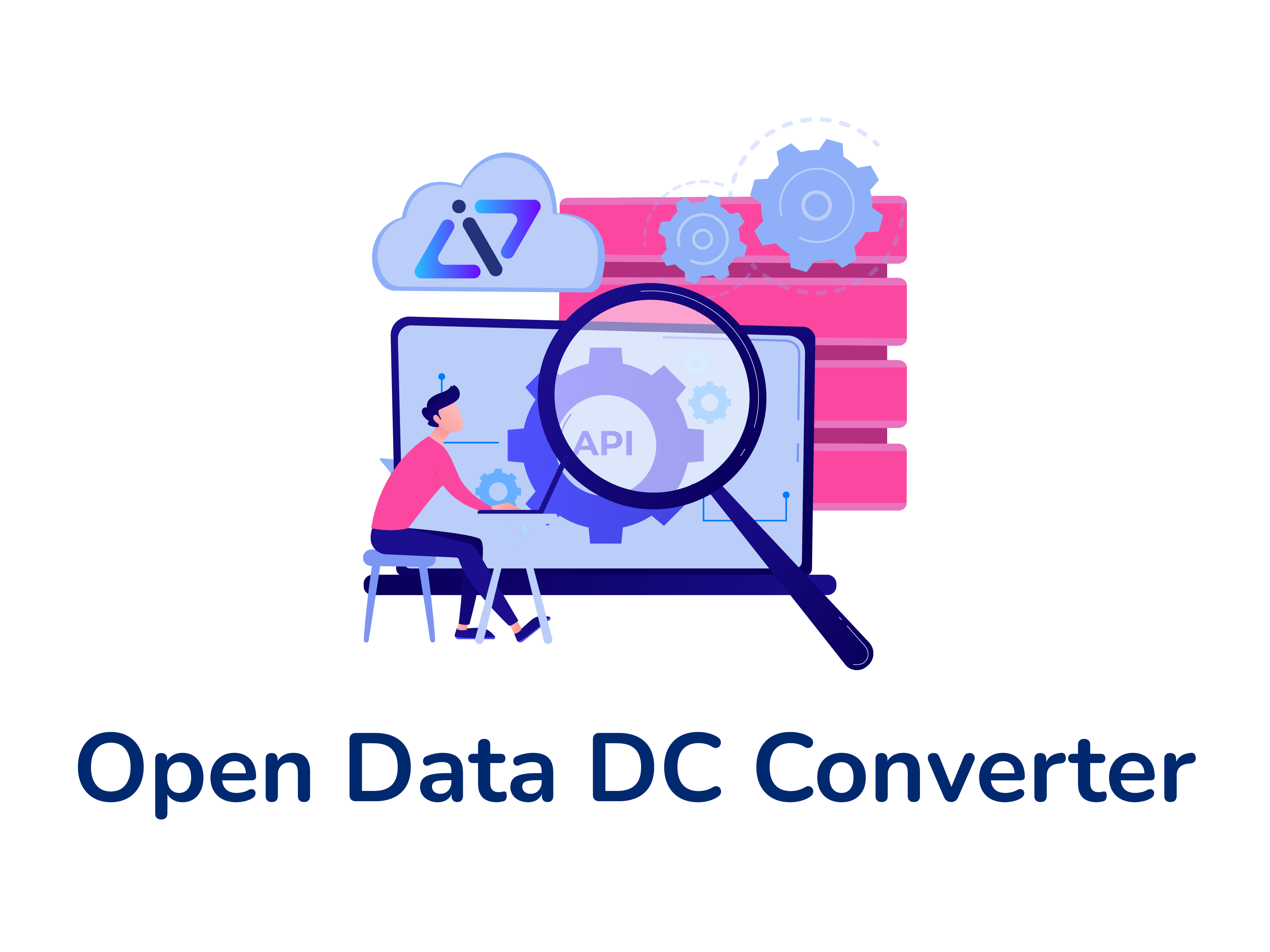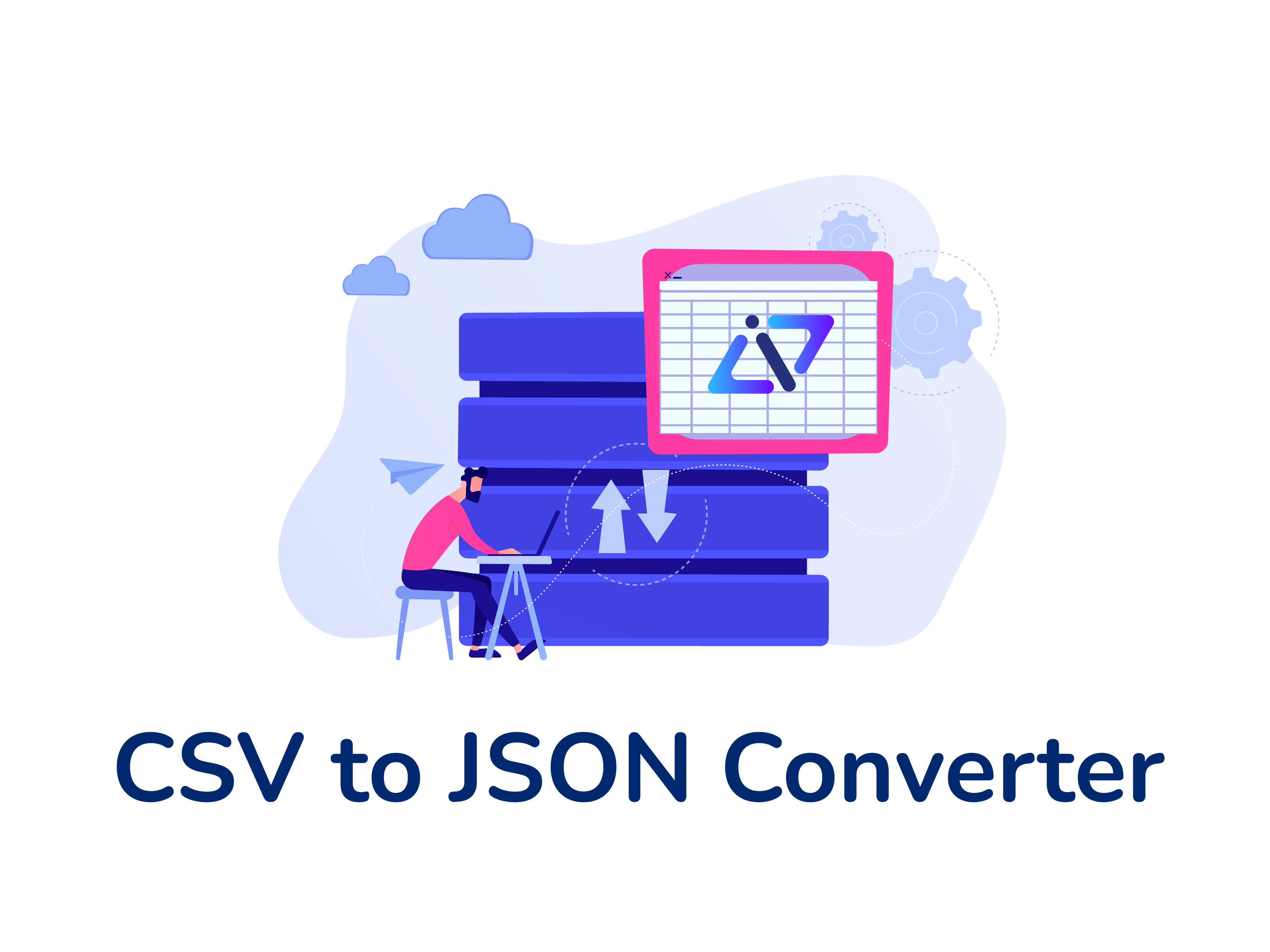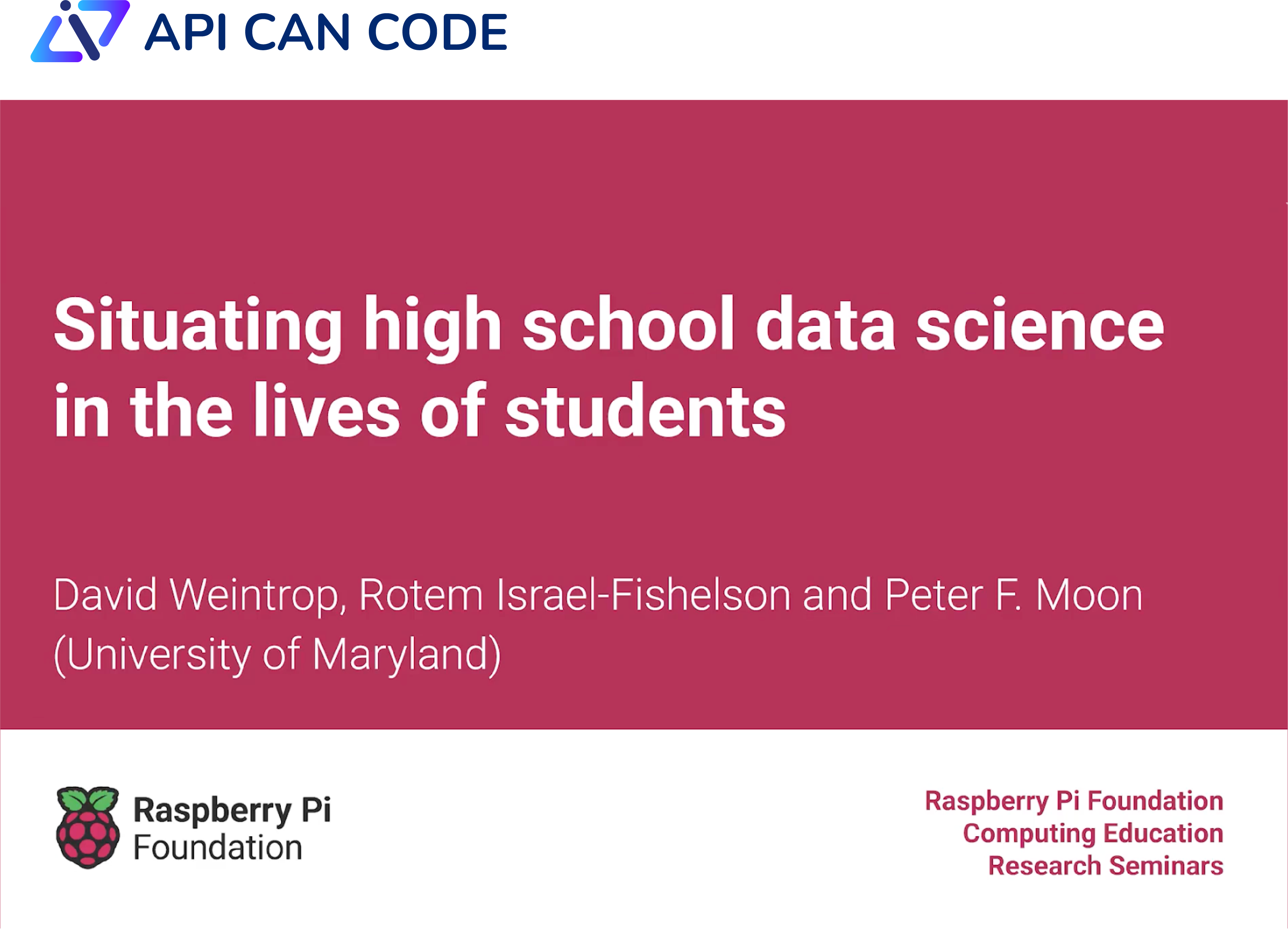About the Project
API Can Code is a project aimed to situate data science in the lived experiences of today's students
The API Can Code project explores ways to introduce learners to foundational ideas about computer science by having them explore the data that shapes their lives. In particular, the learning experiences will center on application programming interfaces (APIs) for popular platforms and services, allowing students to better understand the digital worlds surrounding them. This approach situates foundational computer science and data science learning in interest-driven contexts that draw on learners’ prior knowledge and is authentic to professional practice.
API Can Code is part of a research-practice partnership between the University of Maryland and Washington Leadership Academy. This project will work with students and teachers to design an interest- and data-driven computer science curriculum and iteratively refine and study the curriculum in classrooms over 3 years. This research will contribute to our understanding of the role of interest and data as a means to impact students’ perceptions of computer science and understanding of the impacts of computing and data on their lives.

